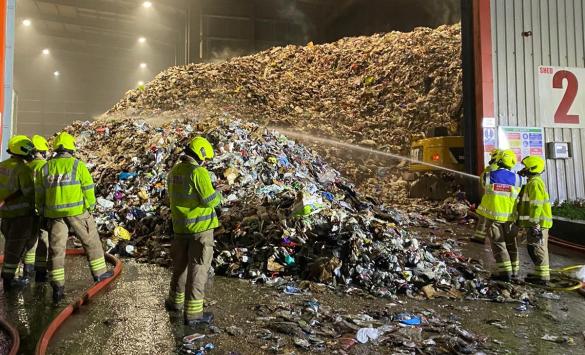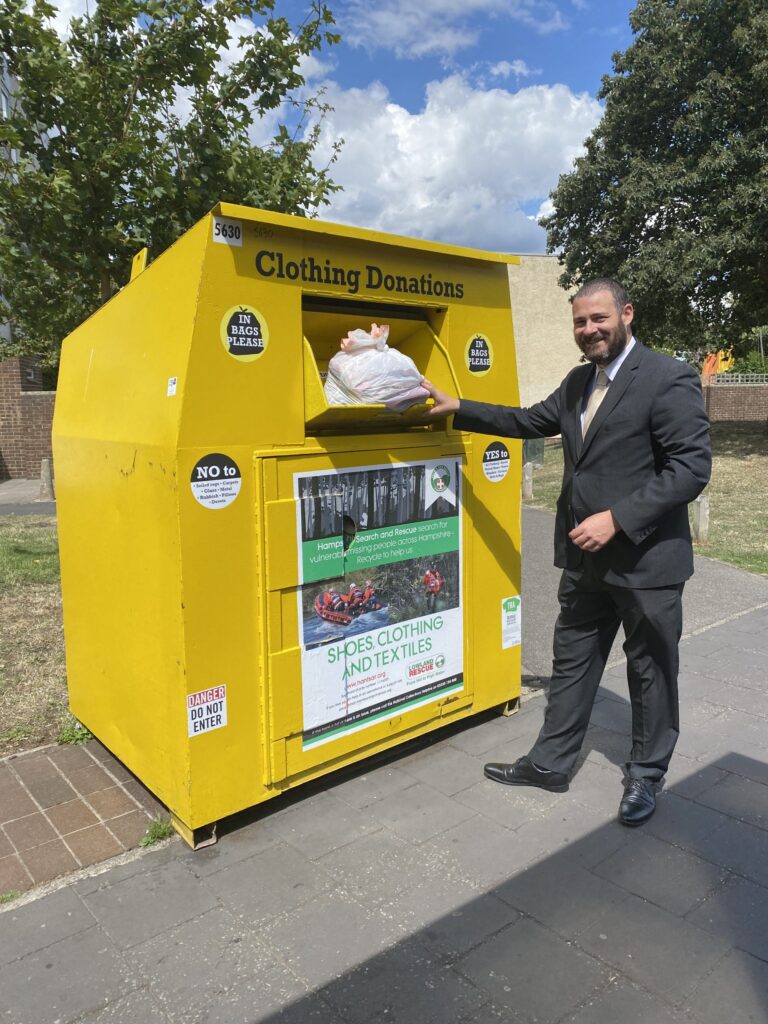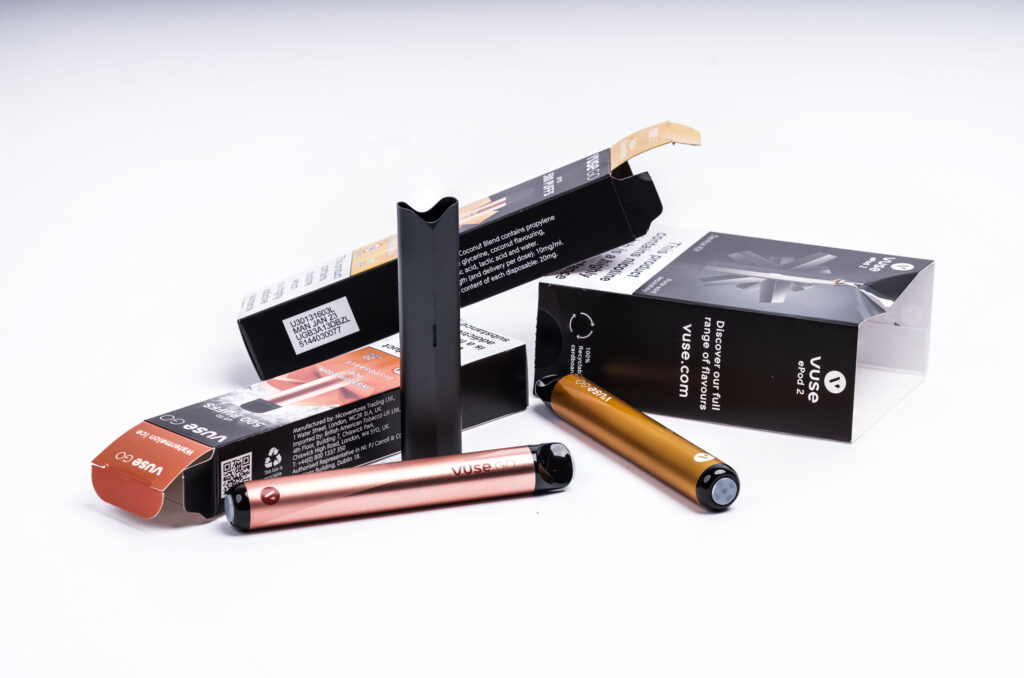The 'Mk4', a cylindrical reactor, based in Sheffield, has been in the making for 10 years. Nearly 500,000 has come from Department of Trade and Industry and private companies to help bring it to the stage its at now. But work on the machine could be abandoned at the end of the month when its funding from the DTI runs out.
”Mk4 cost in the region of 120,000, so it is possible that an industrial version could cost ten times this.“
– Miles Brown, project officer, TRADA
The industrial reactor, measuring five metres long and two metres in diameter, can potentially recycle one tonne of waste for use again in boardmaking. “It's been 40 years since any new recycling equipment has been invented in this area,” says Alan Thorpe, director of Fibresolve, who own the patent of the Mk4. “We see great need to provide the furniture industry with more environmentally friendly wood-based panels.”
The machinery is particularly revolutionary because it's designed to separate out surface coatings and bonding resins in its breaking down process. The panels that have been produced from the chips have also proved to be stronger and more dense than those made from virgin wood.
Funding
Timber research group TRADA, who are working with Fibresolve to drive the project forward are currently putting a bid together in the hope that DEFRA's New Technology Demonstrator Programme will see the benefit of the machine. “We have to be aware that perhaps only 20% of the people applying for this fund might actually get the money,” says Miles Brown, Project Officer at TRADA.
Fibresolve and Partners TRADA, The BioComposties Centre, excelar and Viridor need the money to test out the commercial viability of machine and this could involve scaling up the current version ten times. “Mk4 cost in the region of 120,000, so it is possible that an industrial version could cost ten times this. We are looking at other options for funding, as well as DEFRA, but if these don't come through there is a chance the project could be abandoned,” said Mr Brown.
Interest
The project has picked up more interest after Fibresolve held a presentation and viewing of the machine in Sheffield at its Envirofibre conference earlier this week. Major British Furniture manufacturer BLP, which supply B&Q;, will begin trials with the machinery next week. “This technology is amazing, I've been tracking it for a few years,” said BLP policy manger, Dean Borrington.
“We are interested in trying anything rather than putting our off-cuts into the ground and B&Q; drives us to look at environmentally friendly uses for our waste. This technology would also be useful to us because a portion of our waste is plastic coated and we can't really do anything with this currently.”
Mr Borrington says he has been in talks with Kronospan, which currently donates a substantial amount of its waste to Mk4 trials. “Kronospan provides us with materials and they are very keen to work with us on trials with the new machinery. It would be great if they could deliver board to us and we could send them back with our waste for them to reuse in their products.”
The project however, still needs a big investment from somewhere. “We are probably talking about a seven figure,” says Mr Thompson of Fibresolve.











Subscribe for free